Transport of dangerous goods | China – Russia 1-9 Class of dangerous goods transportation

What are the Sino-Russian trade figures like?
China's total import and export value exceeded 40 trillion yuan for the first time in 2022, hitting a record high and keeping the country as the world's largest trading nation in goods for six consecutive years, according to the latest data released by the General Administration of Customs on January 13. Among them, the trade volume between China and Russia increased by 29.3 percent to a record $190.271 billion in 2022.
The frequent trade between China and Russia cannot be separated from logistics. China has made great efforts to develop China-Europe freight trains, allowing Chinese goods to be exported to Russia, Europe and other places. However, China-Europe freight trains only carry general goods, some chemical products and new-energy vehicles.
How to achieve the export of dangerous goods to Russia?
Follow Xiaobian to read on!
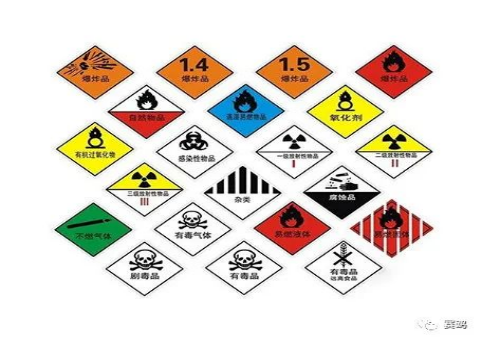
How to ship Russian dangerous goods?
1. What kinds of dangerous goods can we undertake?
Dangerous goods of Category 1-9 can be undertaken. Dangerous goods from China to Russia need to provide the dangerous package certificate, MSDS and transportation appraisal report, and they can be shipped if the above documents are approved.
2. How to transport it to Russia?
Direct water transfer to Shilla + later transfer to Moscow/St. Petersburg/Yekaterinburg
3. What is the limitation of shipping between China and Russia?
From Nansha/Qingdao/Taicang and other ports, it is expected to reach Novorossiysk in 28-30 days.
It will depart from Nansha/Qingdao/Taicang and arrive in Moscow in about 40 days.
3. Which ports can receive the goods and send them to Russia?
Main ports: Qingdao, Taicang, Ningbo, Nansha, Dalian, etc
4. What ports will Russia reach along the way?
JEBEL ALI, NOVOROSSIYSK, KALILININGRAD, ST.PETERSBURG
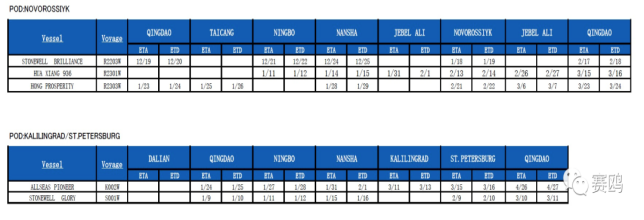
5、What charges will be incurred after arrival? How long is the free period?

What are Category 1-9 Class dangerous goods?
Class 1: explosives, gunpowder: smoke pipe, fireworks, fuse, explosive nail, etc.
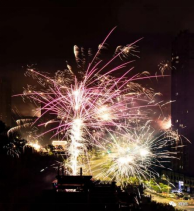
Class 2: compressed gas and liquefied gas: gel (hydraulic), snow seed, dry ice, fire extinguisher, air storage cylinder (no discharge device, can not be reinflated), rescue device (can automatically expand), etc.
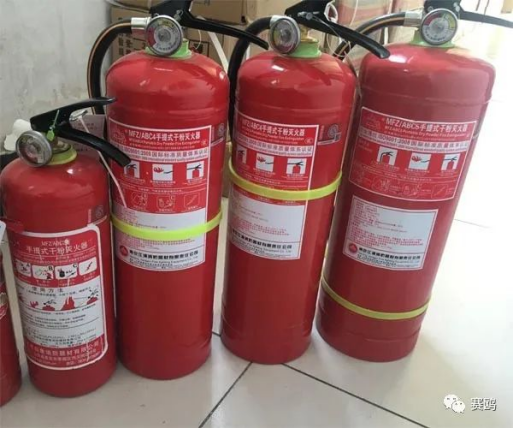
Class 3: Flammable Liquid: Oil, camphor oil, engine starting fluid, turpentine, perfume, glue (corrosive or flammable), alcohol (methanol, ethanol), corn-eye water, latex paint, rust water, ink, dye (flammable), tinna water, paint (flammable and explosive), flammable paint, gasoline, mousse, spray oil, snow spray, strong acid, strong alkali, printing ink, lamp oil, adhesive, hydrogen peroxide, liquid ammonia and everything Unidentified liquid, etc.
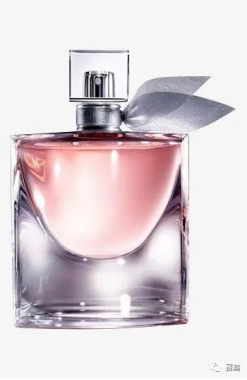
Class 4: flammable solids, spontaneous combustion articles and wet flammable articles: activated carbon, titanium powder, castor products, rubber debris, safety matches (box or sheet rub), dry white phosphorus, dry yellow phosphorus, magnesium powder, red phosphorus, sulfur potassium, sodium, cesium, lithium, calcium carbide, magnesium phosphide, calcium phosphide, magnesium silicate, etc.
Class 5: Oxidants and organic peroxides: potassium permanganate, hydrogen peroxide, sodium dioxide, magnesium dioxide, sodium peroxide, hydrogen peroxide, sodium peroxide, ammonium persulfate, sodium persulfate, potassium persulfate, potassium persulfate, ammonium nitrite, sodium permanganate, potassium permanganate, calcium permanganate, etc.
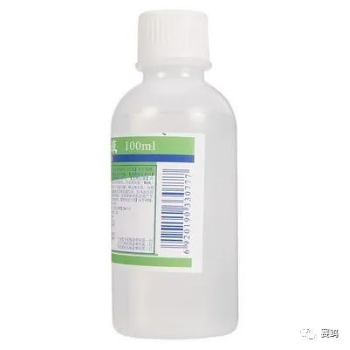
Class 6: Toxic and infectious substances: pesticides, herbicides, arsenic, dichlorvos, Oat, chlorobacol, coelacin, Fumedizine, cyanide, oryzocin, chloroxamine, chloramidine, celisine, viral protein, lacrimal bomb, etc.
Class 7: Radioactive substances: uranium, radium, plutonium, polonium, radon, francium, actinium, protactinium, luminous powder, monazite, zircon, thorium nitrate, etc.
Class 8: Corrosion products: sulfuric acid, strong alkali, nitrogen dioxide, sulfur dichloride, aluminum trichloride, phosphothioyl chloride, phosphorus trichloride, phosphorus pentoxide, nitrososulfuric acid, hydrofluoric acid, phosphorus oxychloride, fluorosilicic acid, fluorosulfonic acid, sulfoxide chloride, arsenic chloride, sulfur chloride, boron chloride, chromic chloride, etc.
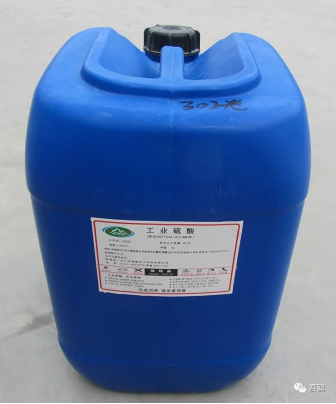
Class 9: miscellaneous dangerous goods: Marine pollutants, unknown dangerous powder (white powder).
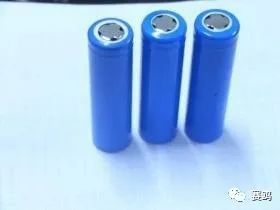
Anyone who wants to ship dangerous goods to Russia
Contact us soon
China-europe Express services:
0755 22673126
Dangerous Goods Shipping Business: 15323875198

Long press the QR code to follow
Photo credit: 360 Pictures

 Phone:+86 0755-22673126
Phone:+86 0755-22673126 Email:info@overseagull.com
Email:info@overseagull.com Address:No.12A, No.5 Golf avenue, Guangpei community, Guanlan street, Longhua district, Shenzhen, Guangdong province, China
Address:No.12A, No.5 Golf avenue, Guangpei community, Guanlan street, Longhua district, Shenzhen, Guangdong province, China










